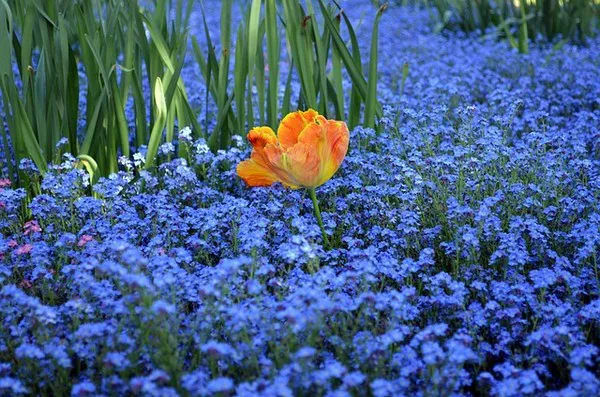A recent assessment of the business cycle index in Flemish horticulture has revealed intriguing shifts in the outlook of horticulturists, shedding light on their perceptions of the recent past and their expectations for the near future.
The data indicates that an increase in the business cycle index has been observed, reflecting the evolving sentiments among horticulturists. This index essentially gauges how horticulturists view the preceding period and what they anticipate in the upcoming phase.
Notably, growers in the ornamental plant cultivation under glass segment exhibited the most positive outlook. This group is experiencing a notable recovery, particularly after a challenging autumn in 2022. Similarly, growers involved in vegetable cultivation under glass are reporting increased levels of contentment.
A striking trend is the growing perception among horticulturists of government-imposed barriers, with this share increasing by 20% over recent years. These insights are derived from the Department of Agriculture & Fisheries, which meticulously tracks developments in Flemish agriculture and horticulture.
While the findings indicate a generally more contented atmosphere among Belgian growers, the Department of Agriculture & Fisheries anticipates a potential downward trend over the next six months.
The business cycle index operates on a scale ranging from 0, where pessimism prevails across all growers, to 200, indicative of a universal positive sentiment. In the autumn of 2023, the business cycle index experienced a slight decline, dropping from 82 to 80. Satisfaction regarding the preceding six months, on the other hand, increased from 84 to 88, while future prospects witnessed a decrease from 79 to 72.
Over the last few years, Flemish horticulturists have generally maintained a reasonable level of contentment. Ornamental plant cultivation under glass saw a remarkable turnaround, especially considering their dissatisfaction in the autumn of 2022.
This positive trend is mirrored in the field of vegetable cultivation under glass, as it continues its path to recovery in 2023. Remarkably, the number of horticulturists planning investments in the forthcoming year has remained relatively steady in 2023, with only those sectors enjoying favorable pricing experiencing an uptick in planned investments.
The data reveals a notable surge in the proportion of horticulturists encountering obstacles over the past six months, reaching 90%. Significantly, a substantial proportion of these challenges are associated with government actions. This stands as the highest level recorded since the inception of the survey in 2007. Issues such as the nitrogen dossier have created a cloud of uncertainty concerning the future of farms.
In summary, the findings underscore the ever-evolving landscape of Flemish horticulture, characterized by shifts in satisfaction levels and increasing challenges posed by government actions. These dynamics paint a nuanced picture of an industry navigating both internal and external factors in its pursuit of growth and sustainability.


